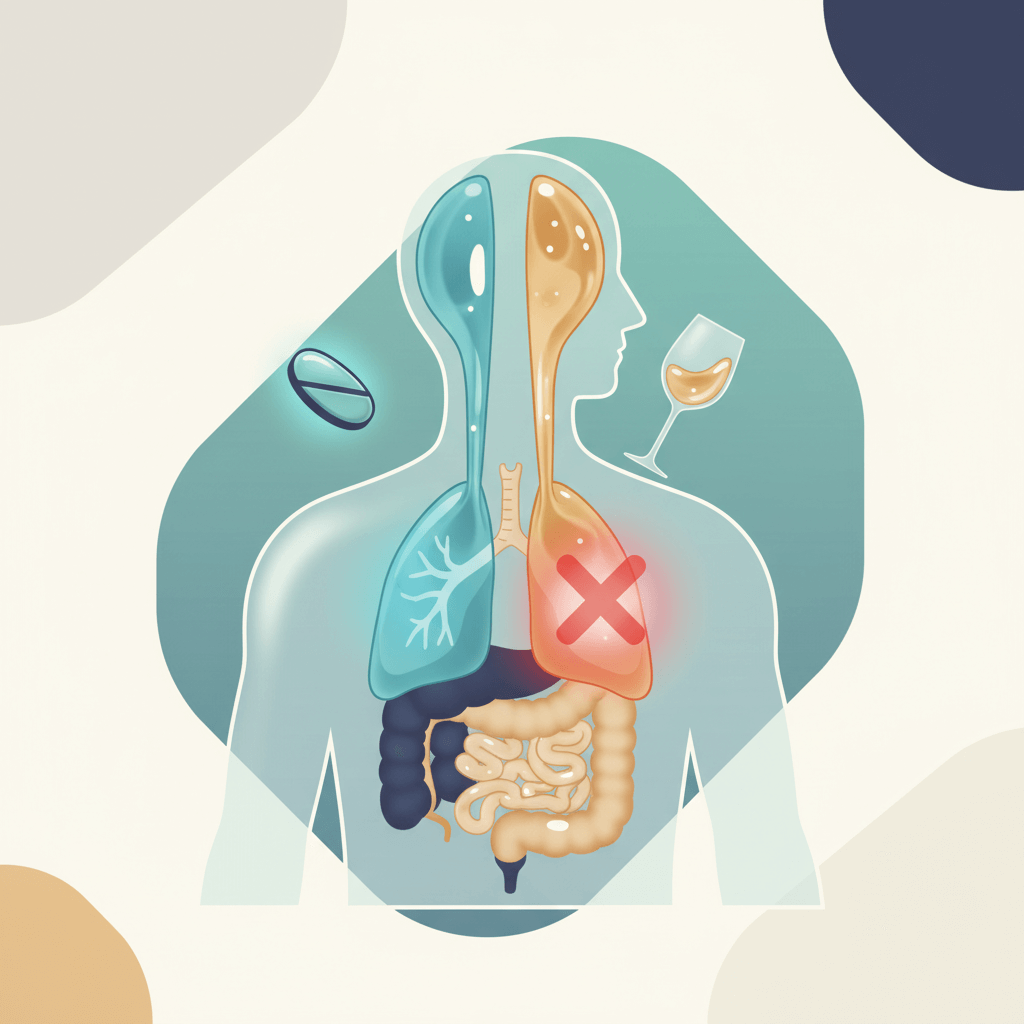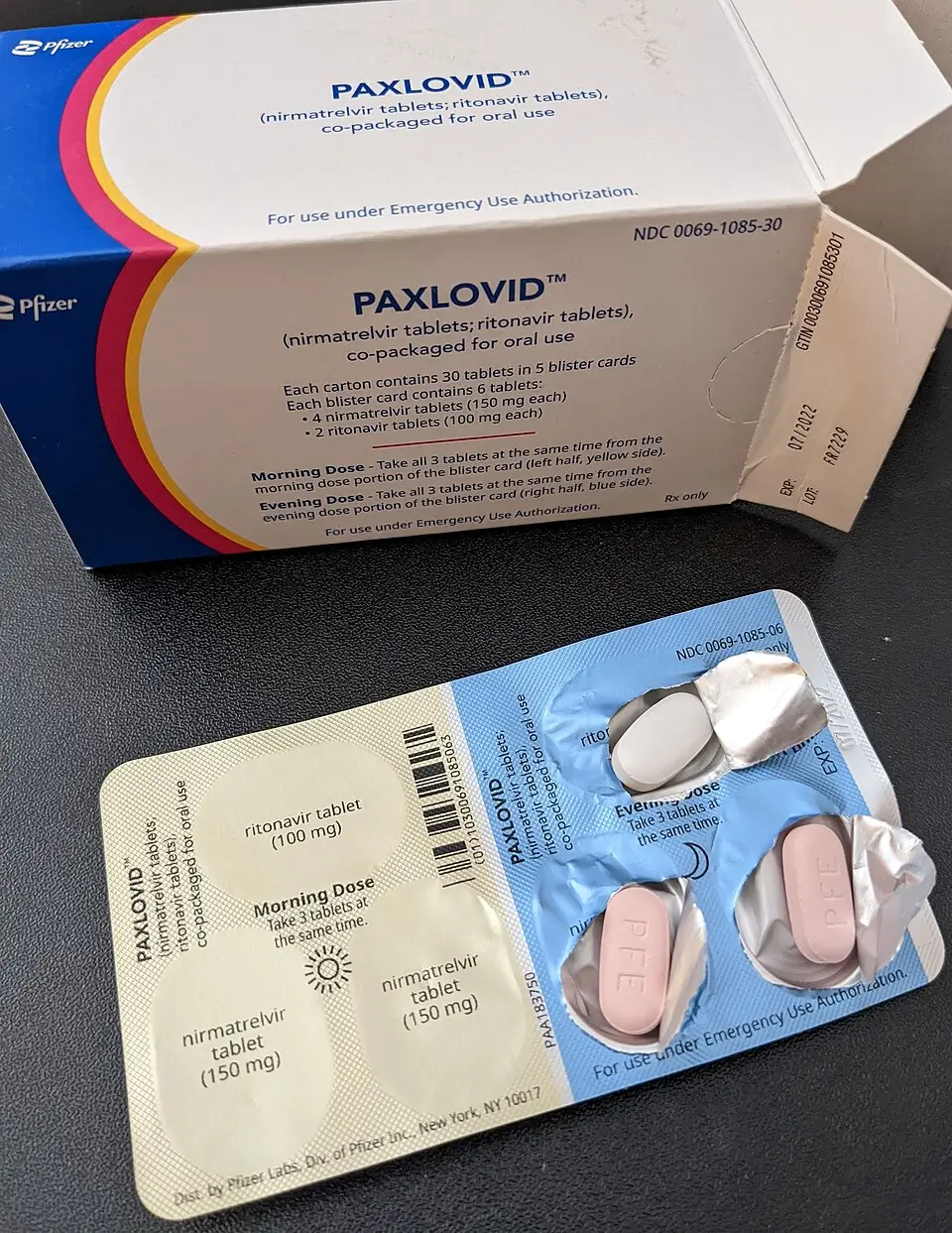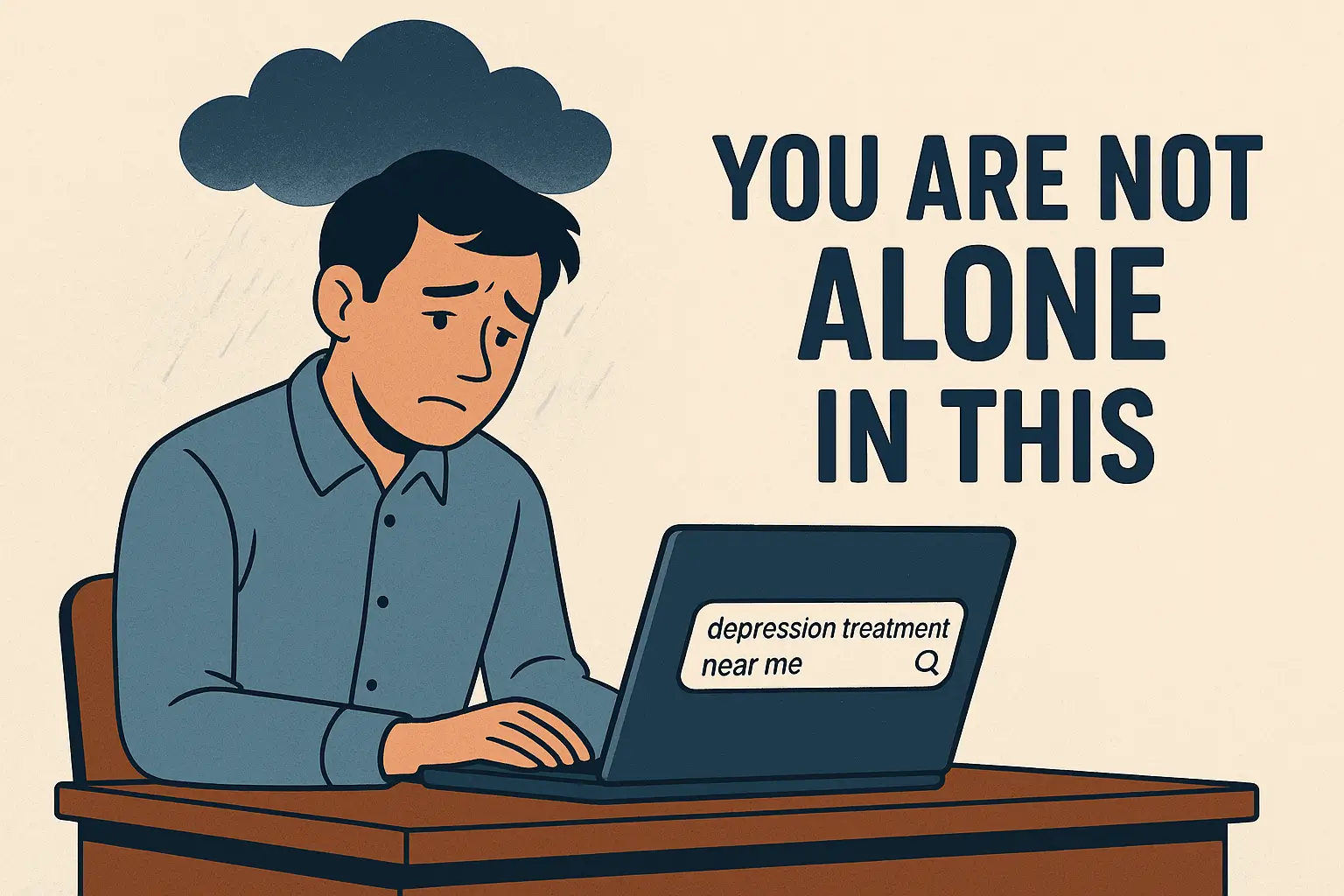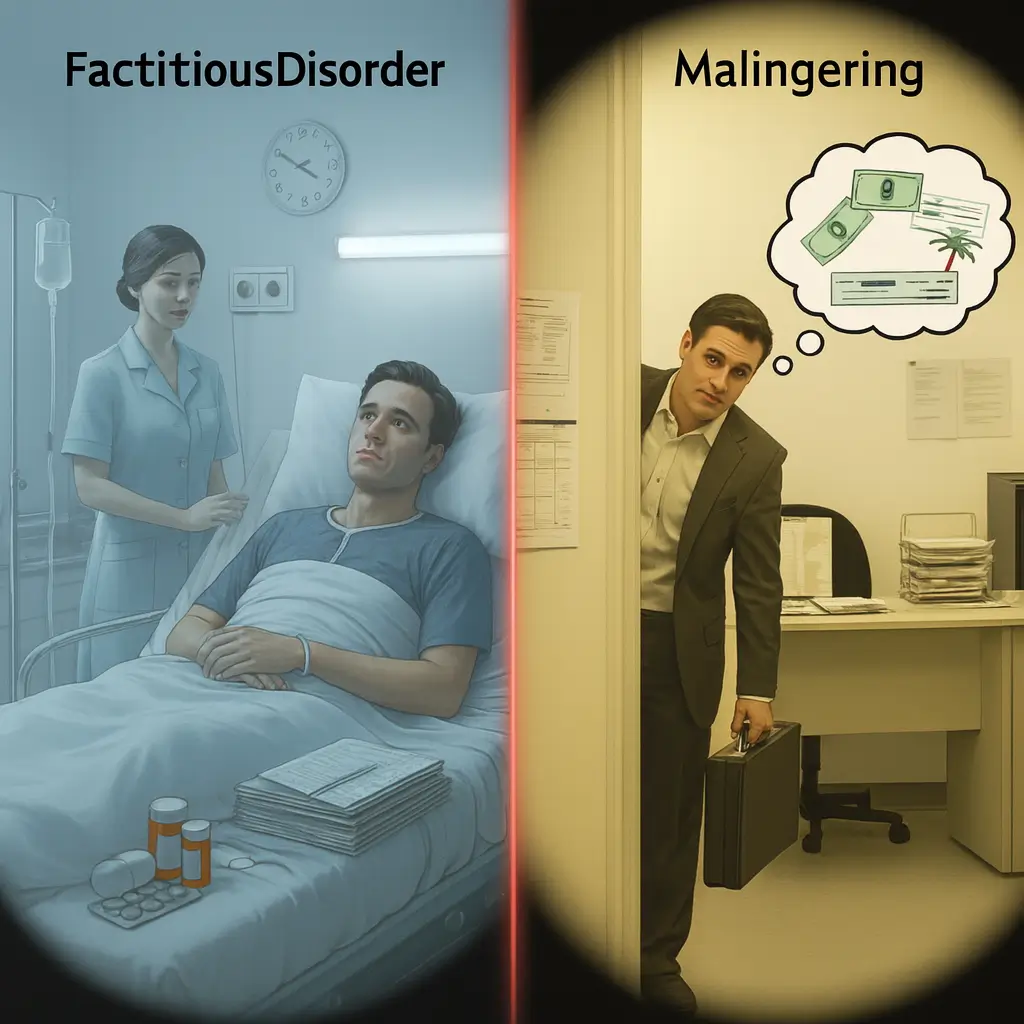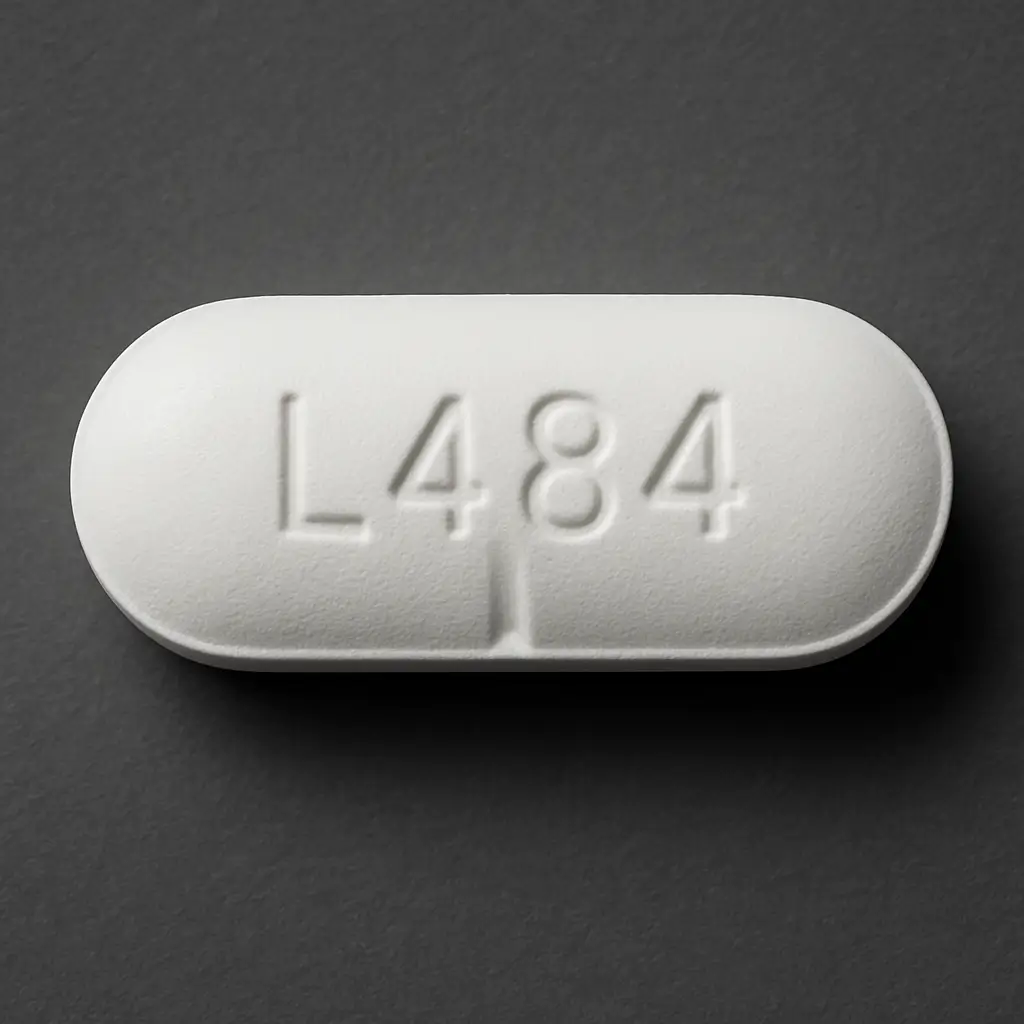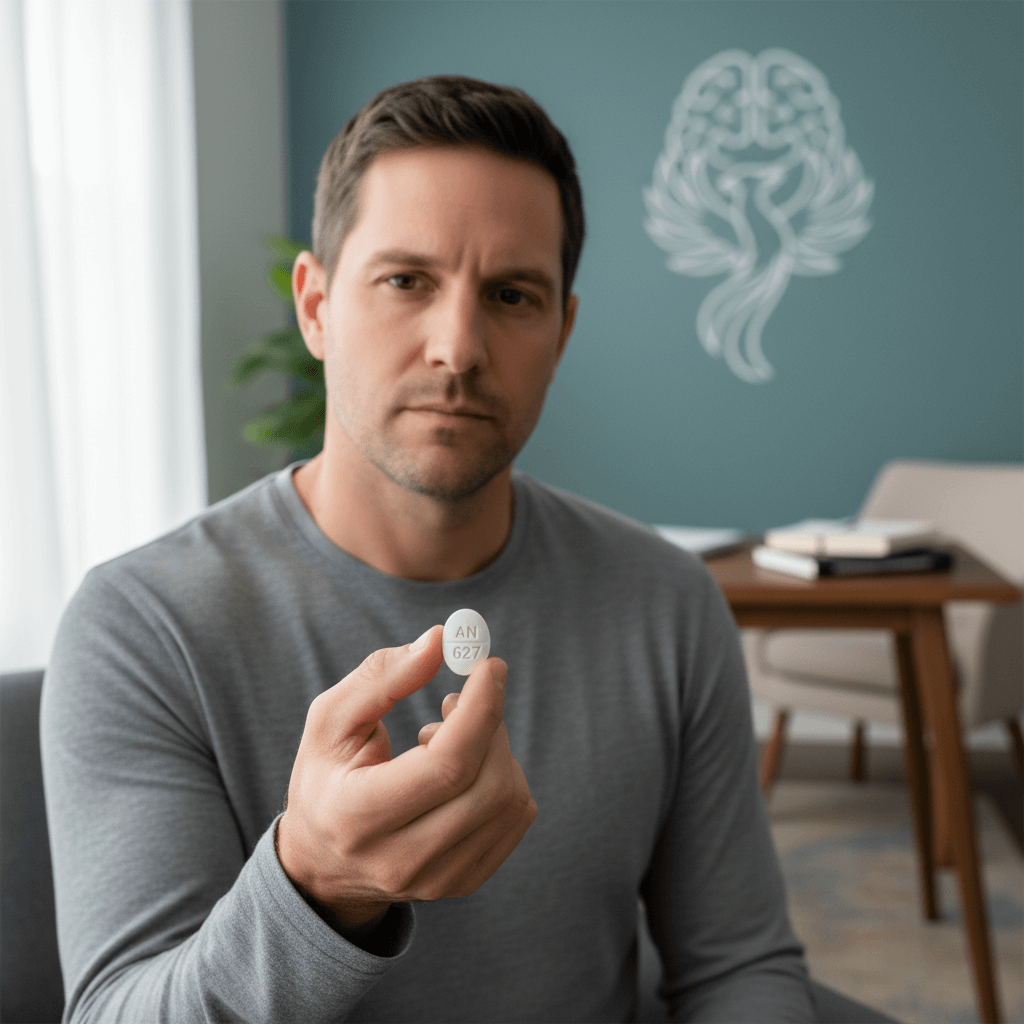Chatting with Kids About Drugs
Talking to kids about drugs can feel like a big deal, but starting early makes a world of difference. By opening up these conversations, parents can build trust, offer guidance, and help their kids make smarter choices. Honest chats about drugs create a space where kids feel comfy talking about anything with their parents. Let's dig into why early talks matter and how to build trust and openness.

Why Start Early?
Starting the drug talk early gives your kid the info and skills to think critically about alcohol and drug use. When you chat about drugs in a way that fits their age, you give them the real scoop on what drugs are, what they do, and the risks involved. These early talks set the stage for future discussions, making sure your kid knows what's up and can make smart choices as they grow [1].
Early talks also let you see where your kid stands on the topic. By listening and encouraging them to share their thoughts, you can clear up any wrong ideas they might have [2]. Be clear about your values and rules on substance use instead of saying things like "be smart" or "make good decisions" [2].
Building Trust and Openness
Trust is key in any parent-kid relationship, especially when it comes to tough topics like drugs. You can build trust by really listening to your kid and creating a space where they feel safe to share their thoughts. Encouraging open and honest chats makes kids feel heard and understood, so they're more likely to come to you for advice.
Know your own values and beliefs about drug use. By explaining your views clearly, emphasizing safety with legal drugs, and why illegal drugs are a no-go, you become a reliable source of info for your kid [1].
Model good behavior with alcohol and don't spread myths about drugs. Talk about the real risks without exaggerating, so your kid gets accurate info that fits their age. This helps them understand drugs and alcohol realistically, so they can make informed choices [1].
By starting early and building trust, you help your kid navigate the tricky world of substance use. These talks lay the groundwork for future discussions and make sure your kid feels supported and ready to make smart choices about drugs and alcohol.
Understanding Substance Use
When talking about drugs with kids, it's important to give them the right info and clear up any wrong ideas they might have. This section focuses on what drugs are, their effects, and busting common myths.
What Are Drugs and Their Effects?
When explaining drugs to kids, be clear about what they are and what they can do. Drugs are substances that can change how a person feels or acts. They can be legal, like prescription meds, or illegal, like street drugs. It's important to explain that drugs can have both good and bad effects, depending on how they're used and what kind of drug it is.
Some drugs, when used correctly under a doctor's watch, can help people feel better and stay healthy. But using drugs the wrong way or without a prescription can be dangerous. Make sure your kid knows that using drugs without proper guidance can have serious health consequences.
Busting Myths
Kids might have some wrong ideas about drugs that need clearing up. They might think drugs always make you feel good or that they're safe because you can buy them in stores. Explain that drugs can affect people differently and that misuse can lead to bad outcomes.
Use reliable resources to help with these talks. For example, the Drug Spotlights and Dextromethorphan (DXM) guide from Drug Free Kids Canada offer info on specific drugs and tips for talking to kids about them. These resources can help educate kids about drugs without needing personal stories.
By giving accurate info and busting myths, you help your kid understand drugs better. This understanding helps them make informed choices and stay healthy.
Talking Tips
When chatting about drugs with your kids, how you communicate matters a lot. Two key strategies are age-appropriate talks and giving accurate info.
Age-Appropriate Talks
Tailor the drug talk to your kid's age. For little ones, use simple words and explain that medicines should only be taken when given by a doctor or trusted adult. As they get older, go into more detail about the effects and dangers of drugs. Teens might know the risks but downplay them because of peer pressure. So, it's important to talk about the long-term effects and where to get help.
Adjusting the conversation to their age helps them understand the facts, handle social situations, and make smart choices.
Giving Accurate Info
Giving the right info about drugs is crucial to clear up wrong ideas and promote understanding [3]. Explain the different types of drugs, their effects on health, and how addiction works. Stress that addiction can happen to anyone, no matter their background.
Talk about drugs in a straightforward way that fits your kid's age. Avoid scare tactics or exaggerating the risks, as this can lead to distrust. Mention treatment options and support networks, emphasizing that help is available.
By giving accurate info, you help your kid make informed choices, resist peer pressure, and understand the consequences of drug use. This knowledge gives them the confidence to handle situations involving drugs.
Remember, creating an open and non-judgmental environment is key. Encourage questions, listen carefully, and respond with empathy. By using age-appropriate talks and giving accurate info, you guide your kid in making safer choices and help them understand drugs better.
Creating a Supportive Space
When talking about drugs with your kids, it's important to create a supportive space that fosters trust and open communication. By doing this, you encourage your kid to come to you with their concerns and questions. Two key elements are building trust and setting clear expectations.
Building Trust
To create a space where your kid feels comfy talking about drugs, you need to build trust. This means really listening to their worries without interrupting or jumping to conclusions. Show empathy and acknowledge their concerns to validate their feelings and show you're there to support them [3].
Avoid using a judgmental tone or making negative comments that could push your kid away. Instead, approach the conversation calmly and understandingly. By being non-judgmental, you allow your kid to share openly, leading to more productive talks.
Setting Clear Expectations
Along with building trust, setting clear expectations is crucial. Involve your kid in setting rules about substance use. By including them in the conversation, you empower them to take ownership of their choices. This involvement helps build a stronger relationship and promotes responsibility.
Be specific about your values and rules regarding drug use. Avoid vague terms like "be smart" or "make good decisions." Clearly outline your expectations and the consequences of substance use. This clarity helps your kid understand the boundaries and make informed choices.
Talking about drugs isn't about lecturing or imposing strict rules. It's about fostering open dialogue, trust, and mutual understanding. By creating a supportive space through trust and clear expectations, you can have more effective conversations about drugs with your kid.
Spotting the Signs
When it comes to talking to your kids about drugs, it's important to know the warning signs of substance use. Recognizing these signs early can help you address the issue and get the right help. In this section, we'll look at behavioral and physical changes to watch for and the importance of seeking professional help.
Behavioral and Physical Changes
Substance use can lead to noticeable changes in behavior and appearance. While it's important to approach your kid with concerns in a supportive way, it's also crucial to be aware of any shifts in their behavior and well-being. Some common warning signs include:
- Sudden mood changes
- Unexplained drop in school performance
- Loss of interest in hobbies
- Increased secrecy or withdrawal from family and friends
- Unusual sleep patterns, like insomnia or excessive sleepiness
- Big changes in appetite and weight
- Bloodshot eyes or dilated pupils
- Frequent unexplained nosebleeds or runny nose
- Strange smells on their clothes or breath
- Neglect of personal hygiene
These signs alone don't mean your kid is using drugs, but they might need further investigation and a conversation.
Getting Professional Help
If you think your kid is using substances regularly or having substance-related problems, it's important to get professional help. A professional assessment can determine the severity of the situation and guide the right intervention. Start by talking to your kid's doctor, who can provide guidance and referrals to specialists if needed.
School counselors, mental health professionals, or community support groups can also offer valuable resources and help. They can provide further evaluation, counseling, and support for both you and your kid.
Early identification and intervention can prevent occasional experimentation from becoming serious substance abuse. Approach your kid with concerns in a supportive and non-judgmental way. Be ready to listen to their thoughts and feelings, giving them space to express themselves openly.
By spotting the signs and getting professional help when needed, you can address any substance-related concerns and provide the necessary support for your kid's well-being. Open communication and a supportive environment are key in handling this sensitive topic.
Role of Recovering Parents
Parents in recovery from addiction play a crucial role in guiding their kids towards a drug-free life. By sharing their experiences and providing support, recovering parents can break the cycle of addiction and help their kids avoid the challenges they faced. Two important aspects are breaking the cycle of addiction and providing support and love.
Breaking the Cycle
Recovering parents have a unique chance to break the cycle of addiction in their families. By being honest and open, they can give their kids the knowledge to make informed decisions about drugs. It's essential for recovering parents to provide accurate info about the risks and consequences of substance abuse. This empowers their kids to make choices based on facts, not misconceptions.
Parents can also create an environment that promotes healthy coping mechanisms and self-esteem. Encouraging their kids to engage in positive activities, like sports or hobbies, can help divert their attention from drugs and build resilience. By modeling a drug-free lifestyle, recovering parents show their kids that overcoming addiction is possible and inspire hope.
Providing Support and Love
Recovering parents know the struggles of addiction. They understand the importance of support and love in the recovery journey. By fostering a nurturing and non-judgmental environment, parents create a safe space where their kids feel comfortable discussing their concerns and experiences.
Providing ongoing support means actively listening, being empathetic, and offering guidance when needed. Encourage open dialogue and establish trust, so your kids can approach you without fear of judgment. By maintaining a strong and loving connection, parents increase the likelihood that their kids will turn to them for support in tough situations involving drugs.
Recovering parents have a unique perspective that can positively impact their kids' attitudes towards drugs. By breaking the cycle of addiction and providing unwavering support and love, they create an environment where their kids can make informed choices and develop the resilience needed for a drug-free life.

